| বাংলায় পড়ুন | Researchers and Reporters: Shama Sultana Anika Taieba |
The world’s developing nations rely primarily on trade revenue. An economy is stronger when a nation exports more valuable items. The import-export path of the commodities is crucial in this situation. The nation makes money by exporting commodities as quickly and cheaply as possible. The expansion of the nation’s economy is positively impacted by this.
This is also true in Bangladesh. Bangladesh ranks second globally in terms of ready-made clothing exports. In recent times, the nation has decided to export these goods through the Maldives. This choice may have significant and complex ramifications given the political and economic climate.
Why is the Maldives route more convenient?
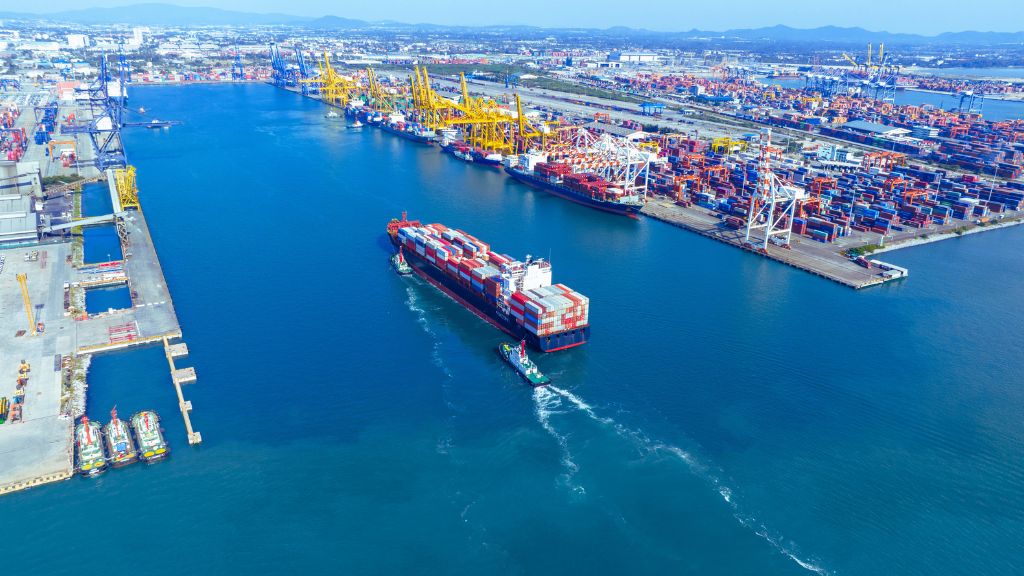
Special advantages of the Maldives route for low-cost and fast travel. | Photo collected.
For several reasons, Bangladesh is considering the Maldives as a potential new export destination for ready-made clothing. First, inexpensive and quick conveyance of commodities. While cargo transportation at Dhaka’s Hazrat Shahjalal International Airport costs $6.30–$6.50 per kilogram, only $3–$3.50 on the Maldives route, which is about half. Because this route allows for speedier direct transit of goods, manufacturers can meet buyer deadlines.
Second, alternate routes are required. Because of Bangladesh’s political turmoil in July and August, the supply chain experienced disruptions. Alternative methods were necessary because the port of Chittagong was essentially closed at the time. That vacuum might be filled by the Maldives.
Then there are India’s and other routes’ constraints. Indian airports, like Kolkata, frequently give priority to their goods. Furthermore, moving items from Bangladesh costs more money and takes longer. The Maldives thus becomes a dependable and easily accessible substitute. Another benefit is the connectivity between the Maldives and Bangladesh’s aviation. Male, the capital of the Maldives, has a direct flight to Europe. There are flights on this route operated by numerous international airlines, including Turkish Airlines, Emirates, and Qatar Airways. it could contribute to the growth of trade in Bangladesh.
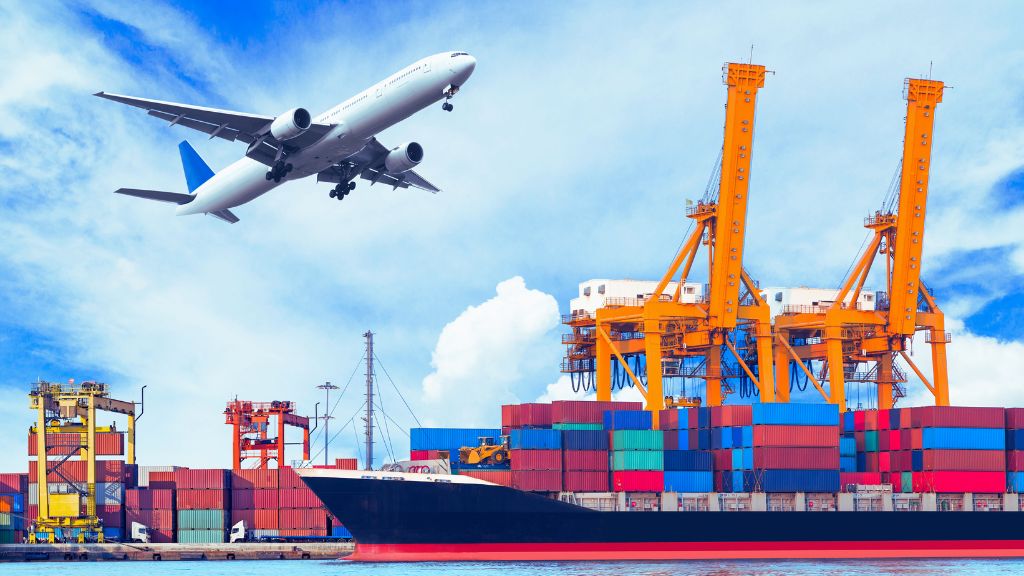
Modern transportation solutions for saving time and costs in garment export. | Photo collected.
Impact of this decision
This move by Bangladesh may have many advantages and disadvantages. For instance:
- Bangladesh’s exports will rise
Because items may now be transported at a lesser cost, exports to Bangladesh may grow in volume. Earning foreign exchange will benefit from this as well.
- The decline in Indian ports’ revenue
Indian ports and airports may see a sharp decline in revenue as a result of this change in Bangladesh’s route. Consequently, there may be some harm to India-Bangladesh trade relations. This would, however, somewhat lessen India’s hegemony over Bangladesh.
- More authority over the supplier chain
There will be more control over Bangladesh’s supply chain because of the Maldives route. This might stabilize the nation’s economy.
- Political relations’ effects
Bangladesh’s current political climate and the country’s tense relations with India may influence this choice. The two nations’ diplomatic and business relations may become more difficult as a result.
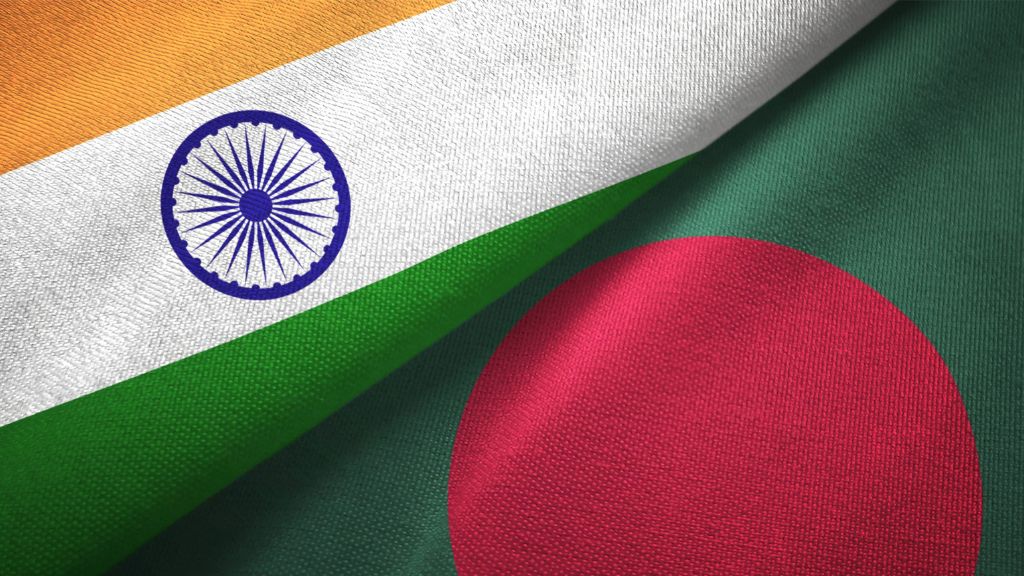
India-Bangladesh trade relations and the current challenges of garment exports. | Photo collected.
Prospects for the future
If properly handled, Bangladesh might eventually make money via the Maldives route. Maintaining equilibrium in relations with other nations, such as India, is crucial, nevertheless.
Bangladesh’s diplomatic move is a wise strategic move that could strengthen the nation’s standing in the global economy. Its long-term effects, however, will rely on the export industry’s continued sustainability.

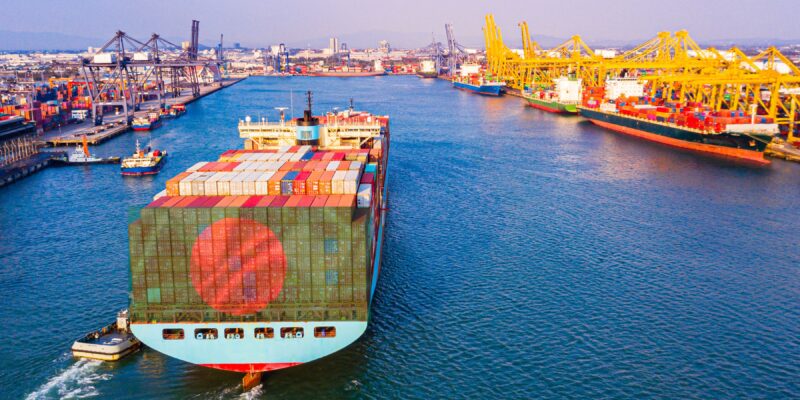


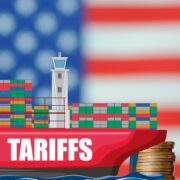


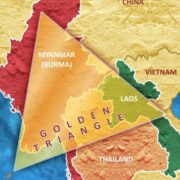



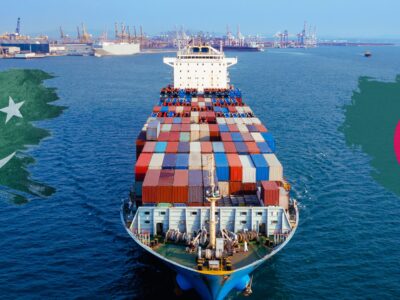















Comments